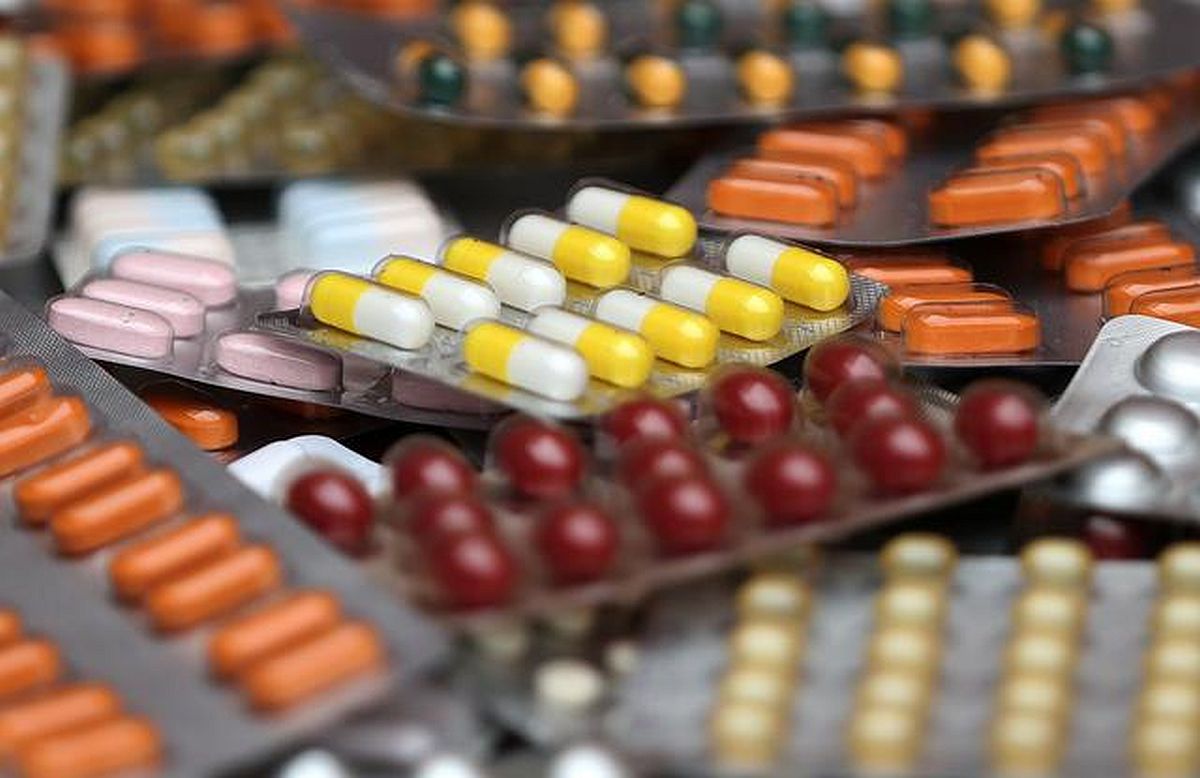Indian Pharmaceutical Alliance (IPA) on Friday said US President Donald Trump’s move to impose 100 per cent import tariffs on pharmaceutical drugs from October 1 will impact only patented and branded products, not generic medicines.

Illustration: Yves Herman/Reuters
Reacting to the development, IPA secretary general Sudarshan Jain said in a statement, “It is not applicable to generics medicines.”
Trump’s statement refers to patented and branded products supplied to US, he added.
In his post on social media platform Truth Social, Trump wrote, “Starting October 1, 2025, we will be imposing 100 per cent tariff on any branded or patented pharmaceutical product, unless a company is building its pharmaceutical manufacturing plant in America.”
The US President further clarified, “IS BUILDING” will be defined as, “breaking ground” and/or “under construction.
“There will, therefore, be no Tariff on these Pharmaceutical Products if construction has started.”
The IPA represents 23 leading Indian pharmaceutical firms, including Dr Reddy, Sun Pharma, Lupin, Zydus Lifesciences.
Together, IPA members drive more than 80 per cent of India’s drug and pharmaceutical exports, and serve over 64 per cent of the domestic market.
Pharmexcil Chairman Namit Joshi said, “India has long been a cornerstone of the global supply chain for affordable, high-quality medicines, supplying nearly 47 per cent of the US’s pharmaceutical requirements.
“The proposed 100 per cent tariff on branded and patented pharmaceutical imports is unlikely to have an immediate impact on Indian exports, as the bulk of our contribution lies in simple generics and most large Indian companies already operate US manufacturing or repackaging units and are exploring further acquisitions.”
Current investigations under Section 232 appear focused elsewhere and have not taken a direct call on generics, he said, adding, “nonetheless, it is prudent to remain prepared for future policy shifts and to build risk-mitigation strategies”.
“Looking ahead, India will need to reinforce its cost-efficiency advantage in bulk drugs and APIs — an area where the US is likely to favour India over other suppliers — and simultaneously invest in next-generation opportunities such as complex generics, peptides, biosimilars and CAR-T therapies,” he added.
Indian pharma companies largely export generics to the US market.
Indian pharmaceutical companies supply a substantial proportion of drugs to US residents, with four out of ten of all prescriptions filled in the US in 2022 being supplied by Indian companies.
As per industry sources, overall, medicines from Indian companies provided $219 billion in savings to the US healthcare system in 2022 and a total of $1.3 trillion between 2013 and 2022.




